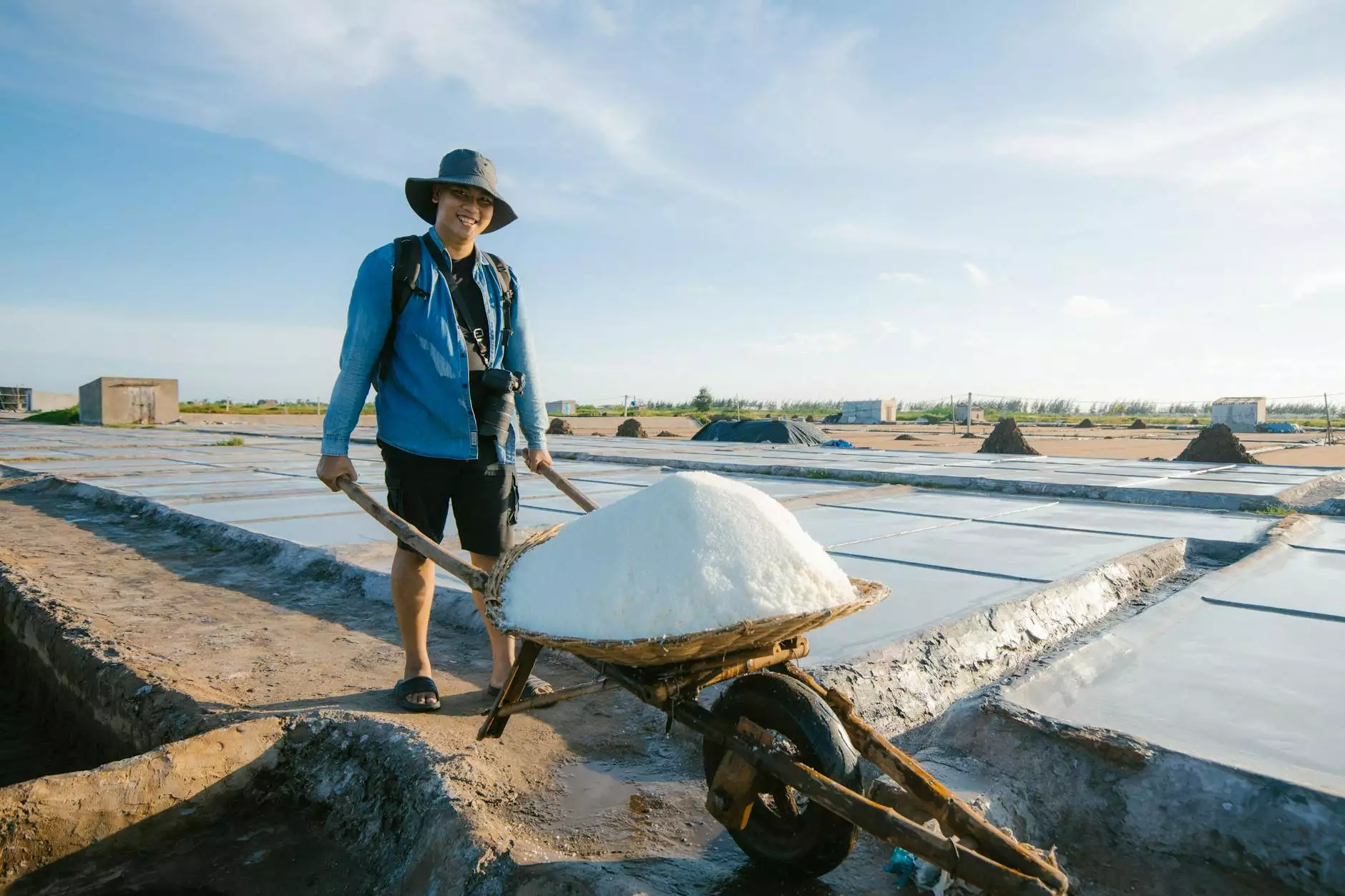Understanding the Role of Pharmacies in Addiction Medicine

In today's complex healthcare landscape, the intersection of pharmacy and addiction medicine is more significant than ever. With the rising rates of substance misuse and the growing demand for effective treatment options, pharmacies are becoming crucial players in the fight against addiction. This article delves into the vital roles pharmacies play in addiction medicine, the evolving strategies for treatment, and essential resources available through https://alprazolam-xanax.com.
The Importance of Pharmacies in Addiction Treatment
Pharmacies are a primary access point for individuals seeking assistance with addiction. They provide not only medications but also vital resources and support for recovery. Here are some key ways pharmacies contribute:
- Access to Medication: Pharmacies dispense medications that are crucial for managing withdrawal symptoms and cravings.
- Education and Awareness: Pharmacists educate patients and their families about the risks of addiction and support available.
- Collaboration with Healthcare Providers: Pharmacies often work closely with doctors and addiction specialists to ensure comprehensive patient care.
- Support for Patients: Pharmacists can offer counseling and support, guiding patients through their recovery journeys.
The Role of Medications in Addiction Recovery
Medications are a cornerstone of treatment in addiction medicine. They can significantly alleviate the symptoms associated with withdrawal and promote a more successful recovery. Below are some commonly used medications:
1. Opioid Agonists
Medications such as methadone and buprenorphine are commonly used to treat opioid addiction. These medications work by reducing cravings and withdrawal symptoms, allowing individuals to stabilize their lives.
2. Antidepressants
Many individuals battling addiction may also experience co-occurring mental health disorders. Antidepressants can help in treating these conditions, offering a dual approach to recovery.
3. Naltrexone
Naltrexone is used for both alcohol and opioid dependence. It blocks the euphoric effects of substances, reducing the urge to use and helping individuals maintain sobriety.
Pharmacy Counseling: A Key Component of Recovery
Pharmacy counseling is a pivotal aspect of addiction treatment. Pharmacists are equipped to provide valuable insights and advice to patients, helping them navigate challenges during recovery. Here are some critical elements of pharmacy counseling:
- Personalized Medication Management: Pharmacists help tailor medication regimens to individual needs, balancing efficacy with side effects.
- Behavioral Strategies: They provide tips on coping mechanisms and behavioral strategies to manage triggers and cravings.
- Support for Family Members: Pharmacists also educate family members on how to support their loved ones during the recovery process.
Challenges in Addiction Medicine
Despite the invaluable role pharmacies play, there are significant challenges in addiction medicine:
1. Stigma
Stigmatization of addiction often prevents individuals from seeking the help they need. Pharmacies can help combat this by fostering a non-judgmental environment.
2. Limited Resources
Many individuals may not have access to comprehensive addiction treatment services. Pharmacies can serve as a bridge to connect patients with necessary resources, like rehabilitation centers and counseling services.
3. Regulatory Barriers
Regulations surrounding controlled substances can complicate access to necessary medications. Pharmacists must navigate these challenges to provide patients with the support they need.
Building a Supportive Environment
Creating a supportive environment is essential for recovery. Pharmacies can play a crucial role by:
- Hosting Community Workshops: Facilitating workshops that educate the public about addiction and recovery resources.
- Collaborating with Local Organizations: Partnering with local health departments and non-profits to strengthen community support networks.
- Offering Safe Disposal Programs: Providing safe methods for disposing of unused medications to prevent misuse.
Innovative Approaches in Addiction Medicine
As the field of addiction medicine evolves, so do the strategies employed by pharmacies. Some innovative approaches include:
1. Telepharmacy
Telepharmacy is gaining traction, especially post-pandemic. It allows pharmacies to offer remote consultations and support, making resources accessible to a broader audience.
2. Integration with Primary Care
Integrating addiction treatment into primary care settings can improve outcomes. By having a pharmacist as part of the healthcare team, patients receive comprehensive care that addresses both physical and mental health.
3. Use of Technology
Technology is becoming an important tool in addiction medicine. Apps that monitor progress and provide reminders for medication can enhance adherence to treatment plans.
How to Access Pharmacy Services for Addiction Support
Finding the right pharmacy services for addiction support is crucial. Here are steps to help you get started:
- Research Local Pharmacies: Look for pharmacies that offer specialized addiction services or have a reputation for being supportive.
- Consult Healthcare Providers: Seek recommendations from your doctor or addiction specialists.
- Visit for a Consultation: Schedule an appointment to discuss your needs and how they can assist.
- Utilize Online Resources: Websites like https://alprazolam-xanax.com can provide information on available services and medication.
Conclusion: The Future of Pharmacies in Addiction Medicine
The role of pharmacies in addiction medicine is undeniably crucial. With their ability to dispense medications, provide counseling, and connect patients with resources, they are at the frontline of the battle against addiction. As we move forward, it is essential that pharmacies continue to innovate and adapt to the changing landscape of healthcare. By prioritizing education, community support, and technology, they can make lasting impacts in the lives of individuals facing addiction.
Additional Resources for Support
If you or someone you know is struggling with addiction, it is important to seek help. Here are some resources:
- National Helpline: Call 1-800-662-HELP (4357) for confidential support.
- Substance Abuse and Mental Health Services Administration (SAMHSA): Visit their website for resources and treatment options.
- Your Local Community Health Center: Find nearby clinics that can provide support and treatment.
Final Thoughts
Understanding the pivotal role pharmacies play in addiction medicine is vital for anyone looking to navigate the challenges of recovery. These establishments offer more than just medications; they are a beacon of hope and support for individuals seeking a path to a healthier life. By leveraging the resources available through pharmacies and websites like https://alprazolam-xanax.com, individuals can find the assistance they need on their journey to recovery.









